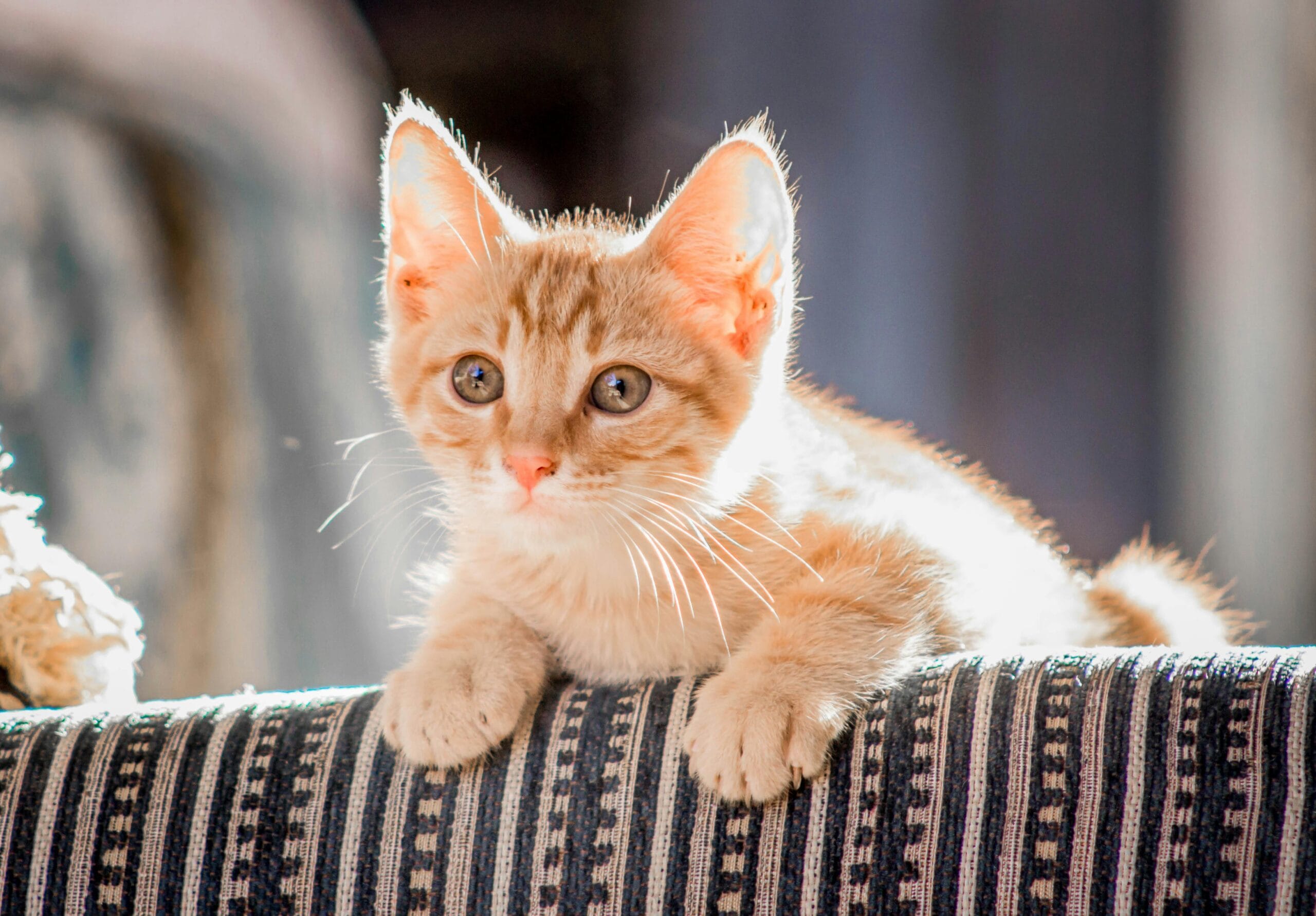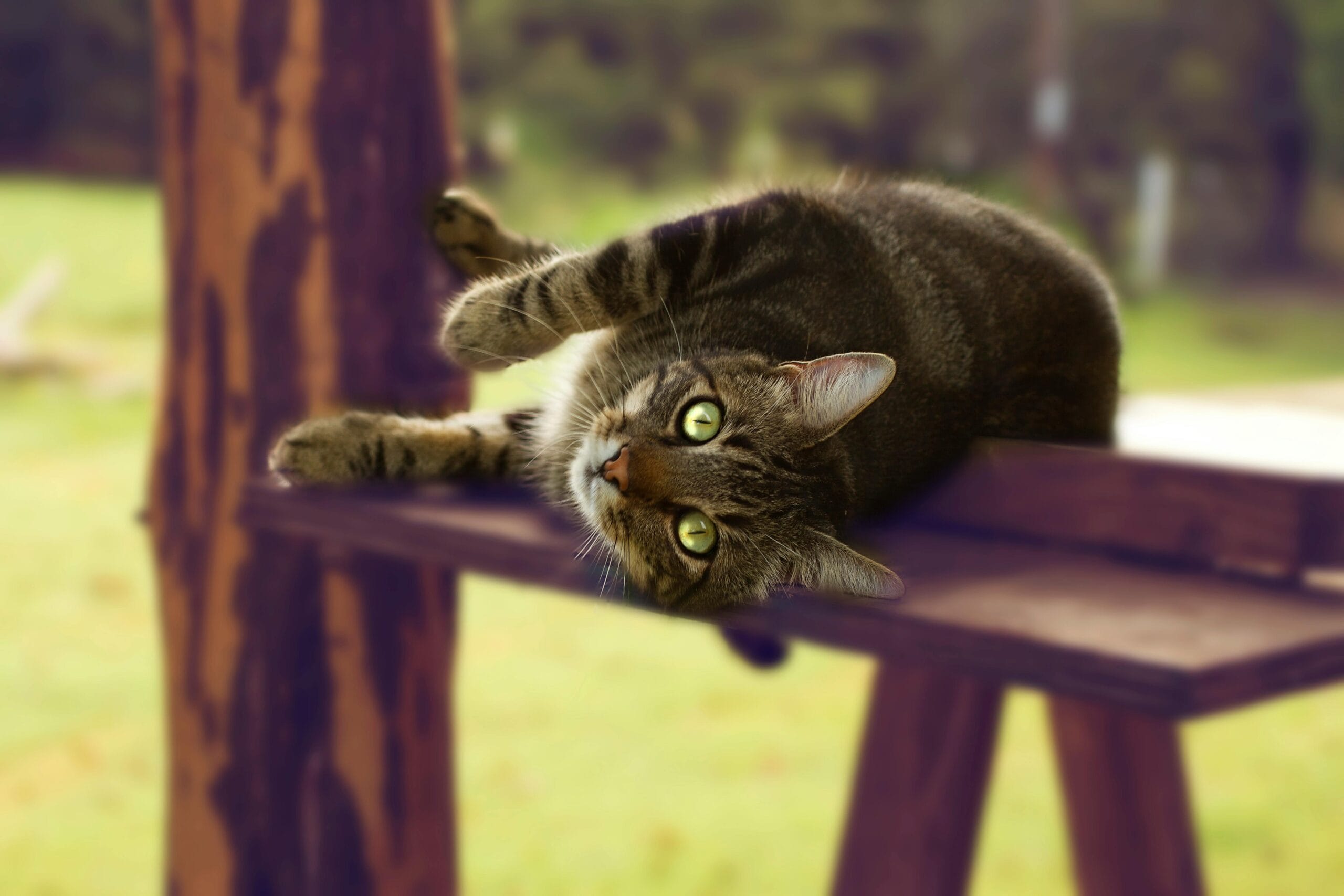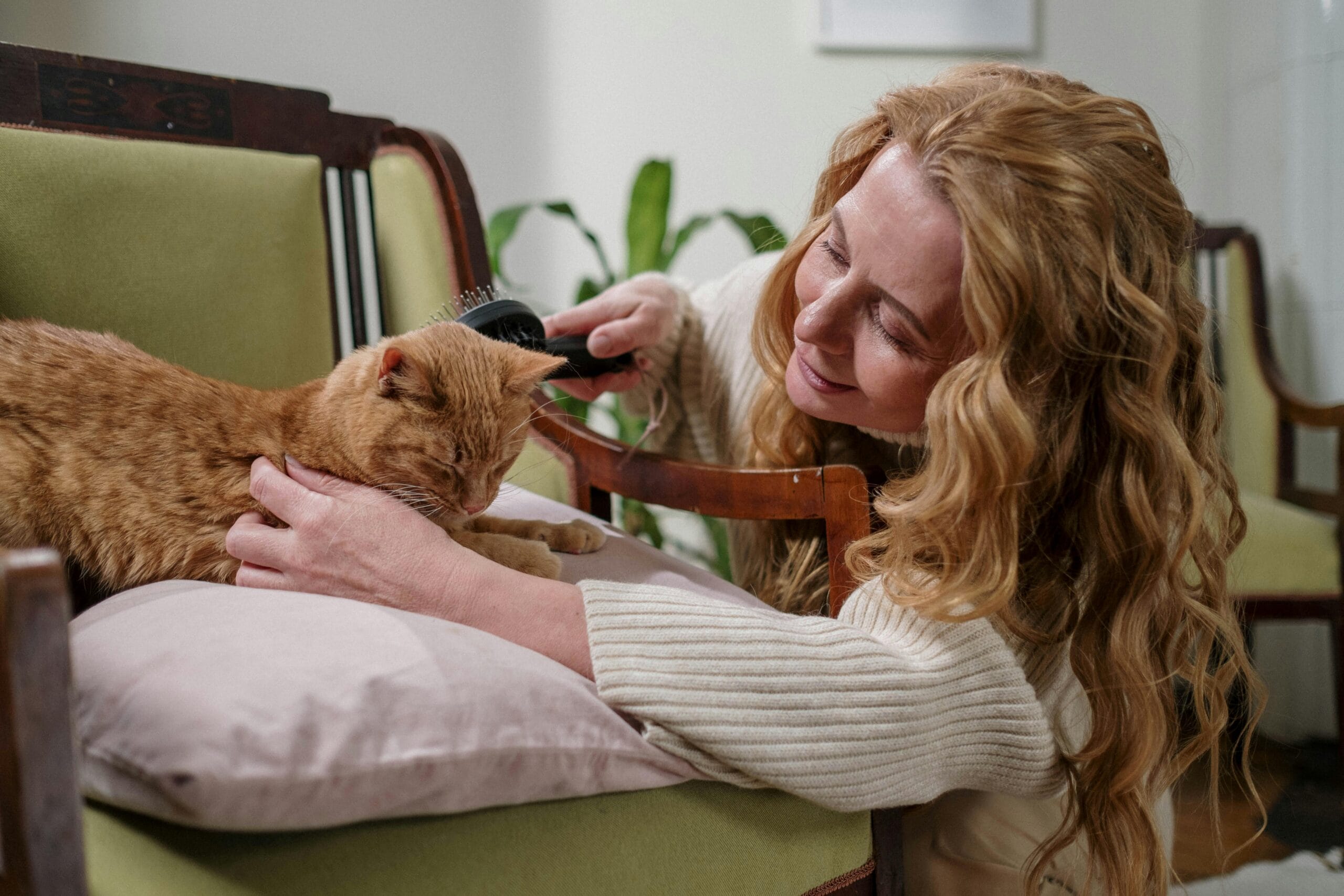Can Cats Have Turkey? Find out if turkey is safe for cats. Learn about the risks and benefits of feeding your cat turkey. Is Turkey Safe for Cats? Get expert advice on Turkey for Cats now!
Can Cats Have Turkey? A Comprehensive Guide
The holiday season often brings tempting aromas, and you might find yourself wondering, Can cats have turkey? The short answer is: it depends. While plain, cooked turkey can be a safe and even healthy treat for your feline friend in moderation, there are crucial factors to consider to ensure you’re not inadvertently harming your beloved pet. This comprehensive guide will explore the nuances of offering turkey to your cat, addressing safety concerns and providing helpful tips.
Is Turkey Safe for Cats? Understanding the Nutritional Value
Is turkey safe for cats? Yes, in its simplest form, cooked turkey breast, without skin, bones, or seasonings, can be a good source of lean protein for cats. Protein is essential for their muscle growth, maintenance, and overall health. However, turkey shouldn’t replace a complete and balanced cat food. Think of it as an occasional, special treat, similar to how you might offer a small piece of cooked chicken or fish. Too much turkey, especially with added fats or seasonings, can lead to digestive upset and other health problems.
Compared to other meats, turkey is relatively low in fat, which is beneficial for cats prone to weight gain or those with existing health conditions. However, remember that even lean turkey contains fat, and excessive consumption can still contribute to obesity and related issues. Always opt for plain, cooked turkey breast, removing all visible fat before offering it to your cat.
Can Cats Have Turkey? Potential Risks and Precautions
While plain cooked turkey is generally safe, several factors can turn this seemingly harmless treat into a potential hazard. Can cats have turkey seasoned with salt, pepper, garlic, onion, or other spices? Absolutely not! These common seasonings are toxic to cats and can cause serious health problems. Even small amounts can lead to gastrointestinal distress, and in severe cases, even organ damage. Always ensure the turkey is completely plain and unseasoned before offering it to your cat.
Bones are another significant danger. Cooked turkey bones can splinter easily, causing internal injuries if ingested by your cat. Never give your cat bones of any kind, including turkey bones. Similarly, skin should also be avoided as it’s high in fat and can lead to digestive upset. Stick to lean, boneless, skinless turkey breast.
Another important consideration is portion control. Even plain, cooked turkey should be given sparingly. A small piece, no larger than a teaspoon or two, is usually sufficient. Overfeeding your cat with even healthy foods can lead to weight gain, pancreatitis, and other health problems. Always remember that a cat’s diet should primarily consist of nutritionally complete and balanced cat food formulated to meet their specific needs.
Turkey for Cats: Alternatives and Similar Safe Treats
While turkey can be a safe and occasional treat, it’s crucial to maintain a balanced diet for your cat. Consider other healthy protein sources as well. For instance, cooked chicken or fish (like sardines – check out our article on can cats eat sardines) can also provide valuable protein and nutrients. However, always remember to cook the meat thoroughly and remove all bones and skin before offering it to your cat.
It is important to note that many human foods are toxic to cats. For example, grapes and raisins are extremely toxic can cats eat grapes, as are cherries can cats have cherries. Even seemingly innocuous foods like lettuce can cats have lettuce and almond milk can cats have almond milk should be offered sparingly, if at all. Always consult with your veterinarian before introducing any new foods into your cat’s diet.
Addressing Common Concerns: Digestive Upset and Allergies
Even with careful preparation and portion control, some cats may experience digestive upset after consuming turkey. This could manifest as vomiting, diarrhea, or loss of appetite. If your cat shows any of these symptoms after eating turkey, discontinue feeding it immediately and consult your veterinarian. They can determine the cause of the upset and advise on the best course of action.
Allergies are another potential concern. While turkey allergies are relatively uncommon in cats, it’s possible for a cat to develop a reaction. Symptoms of a food allergy can vary, but may include skin issues (itching, redness, rash), digestive problems, or respiratory symptoms. If you suspect your cat has a turkey allergy, immediately stop feeding it turkey and consult your veterinarian.
External Resources and Further Reading
For more detailed information on feline nutrition and safe foods for cats, consult these reputable resources:
American Veterinary Medical Association (AVMA) on Cat Nutrition
ASPCA Animal Poison Control Center
Can Cats Have Turkey: A Final Word of Caution
In conclusion, can cats have turkey? The answer is a cautious yes, but only under specific conditions. Plain, cooked, boneless, skinless turkey breast can be a healthy occasional treat in small quantities. However, it’s crucial to prioritize your cat’s safety and health. Avoid seasoned turkey, bones, and skin. Monitor your cat for any adverse reactions, and consult your veterinarian if you have any concerns about introducing turkey or other human foods into their diet. Remember, a complete and balanced commercial cat food should form the foundation of your cat’s diet.
Share Your Experiences!
Have you ever given your cat turkey? Share your experiences and any tips you have in the comments below! Let’s build a community of cat lovers who are committed to providing the best possible care for their feline companions. Use the keywords “Can Cats Have Turkey,” “Turkey for Cats,” or “Is Turkey Safe for Cats” in your comments to help others find valuable information.

- Can cats have turkey?
- Yes, cats can have turkey, but only in moderation and cooked properly. Plain, cooked turkey breast is the safest option. Avoid the skin and bones. See below for more details on safe serving of Turkey for Cats.
- Is turkey safe for cats?
- Cooked turkey is generally safe for cats in small amounts. However, raw turkey can contain harmful bacteria like Salmonella. Always ensure the turkey is thoroughly cooked before giving it to your cat. Considering your cat’s overall health and dietary needs before introducing Turkey for Cats is important.
- Can cats eat turkey skin?
- No, turkey skin is high in fat and can cause digestive upset in cats. It’s best to avoid giving your cat turkey skin.
- Can cats eat turkey bones?
- No, turkey bones are a choking hazard and can cause internal injuries. Never give your cat turkey bones.
- What kind of turkey is safe for cats?
- Plain, cooked turkey breast is the safest option. Avoid seasoned turkey, as spices can be harmful to cats.
- How much turkey can I give my cat?
- Turkey should only be given as an occasional treat, not a regular part of their diet. A small amount (a teaspoon or two) is sufficient. Too much Turkey for Cats can lead to digestive problems.
- Is leftover turkey safe for cats?
- Leftover turkey is safe for cats, provided it’s plain, cooked turkey breast and free of bones, skin, and seasonings. Make sure it’s cooled completely before offering it to your cat.
- My cat ate raw turkey, should I be worried?
- Yes, raw turkey can contain bacteria harmful to cats. Monitor your cat closely for any signs of illness, such as vomiting or diarrhea. Consult your veterinarian if you are concerned. Avoid feeding raw Turkey for Cats.
- Can kittens eat turkey?
- Kittens can have small amounts of cooked, plain turkey breast, but it’s essential to ensure it’s thoroughly cooked and free from bones and skin. Always consult your vet before introducing new foods to a kitten’s diet.
- Can I give my cat turkey every day?
- No, turkey should not be a daily part of your cat’s diet. It’s best to offer it as an occasional treat only. A balanced cat food provides all the necessary nutrients your cat needs. Over-reliance on Turkey for Cats could cause nutritional deficiencies.

Can Cats Have Turkey? A Guide for Cat Owners
Turkey, a lean protein source often enjoyed during holidays, is a question many cat owners ponder. The short answer is: yes, cats can have turkey, but with important caveats. While a small amount of cooked, plain turkey breast can be a tasty and occasional treat for your feline friend, it shouldn’t form a significant part of their diet. Their primary nutritional needs are best met with high-quality cat food formulated specifically for their species.
Health Considerations: Always ensure the turkey is cooked thoroughly and completely free of bones, skin, and any seasonings. Bones can cause choking hazards or internal injuries, while skin and seasonings can lead to digestive upset. Too much fat from the turkey, even without skin, can contribute to obesity and related health problems in cats, much like giving them too much dairy, such as the question regarding [almond milk](https://themonstercat.com/can-cats-have-almond-milk/). Introduce turkey sparingly, starting with a tiny amount to observe your cat’s reaction. Any signs of digestive distress (vomiting, diarrhea) indicate you should stop feeding turkey and consult your veterinarian.
What to Avoid: Never give your cat raw turkey. Raw meat carries a risk of bacterial contamination (salmonella, etc.) that can cause serious illness. Furthermore, avoid giving your cat turkey with added sauces, gravies, or seasonings, as these can be toxic. Just as you should avoid feeding your cat certain fruits, like [cherries](https://themonstercat.com/can-cats-have-cherries/) or [grapes](https://themonstercat.com/can-cats-eat-grapes/), you should exercise similar caution with turkey preparation.
Turkey as a Treat: If you decide to offer turkey as an occasional treat, use it sparingly. A small piece of cooked, plain turkey breast can be a nice change of pace, but it shouldn’t replace their regular cat food. Remember that cats have unique dietary requirements that are not completely met by human foods. Always prioritize high-quality cat food formulated to provide the complete nutrition your cat needs. Consider exploring other healthy and safe treats, similar to assessing whether [lettuce](https://themonstercat.com/can-cats-have-lettuce/) is safe; always consult reliable resources.
Other Alternatives: If you’re looking for healthy alternatives to turkey, consider other lean protein sources that are safe for cats, in moderation. Another question many cat owners have is regarding fish, like [sardines](https://themonstercat.com/can-cats-eat-sardines/). Keep in mind that these are treats and shouldn’t form a significant part of your cat’s diet. Consult with your veterinarian for advice on the best dietary choices for your specific cat’s age, breed, and health condition.
In summary: Cooked, plain turkey breast can be given to cats as a rare treat, but moderation is key. Always prioritize a high-quality cat food formulated for your cat’s needs, and consult your vet for any concerns.

Can Cats Have Turkey, Turkey for Cats, Is Turkey Safe for Cats